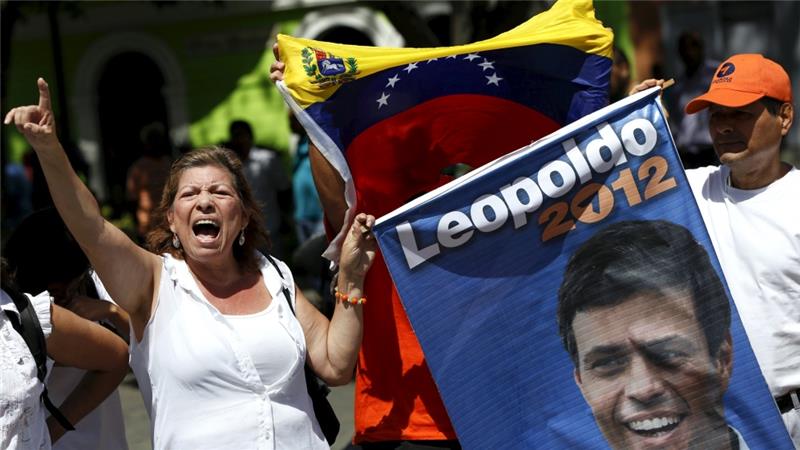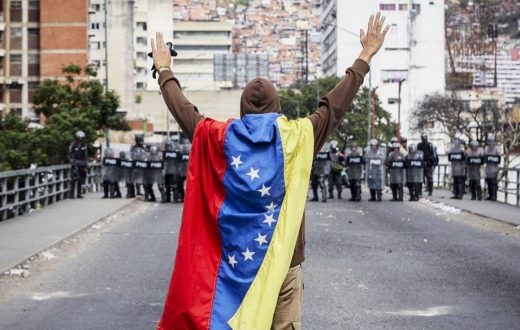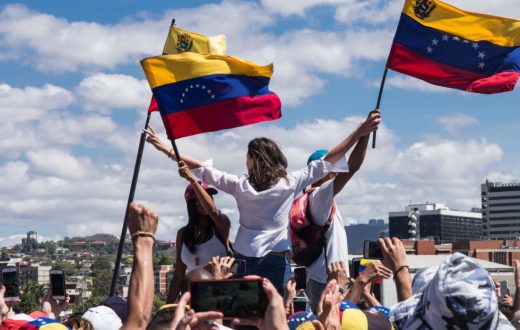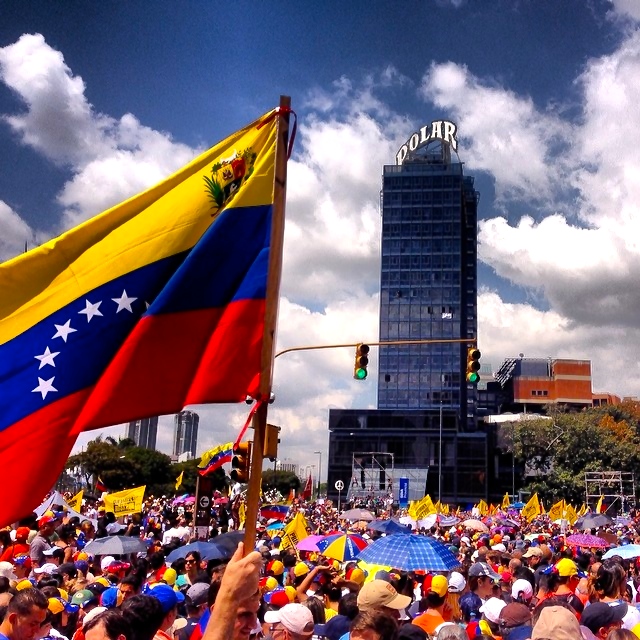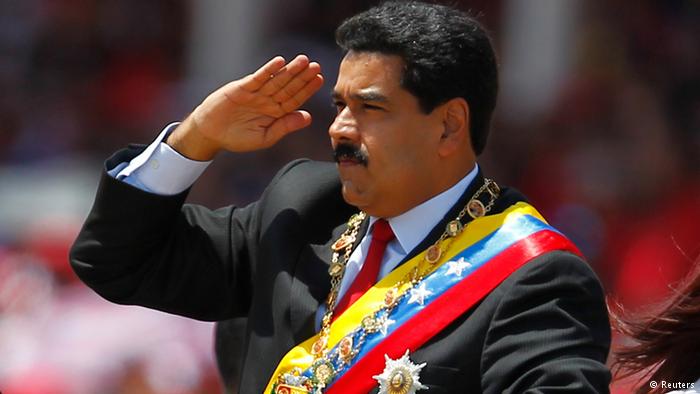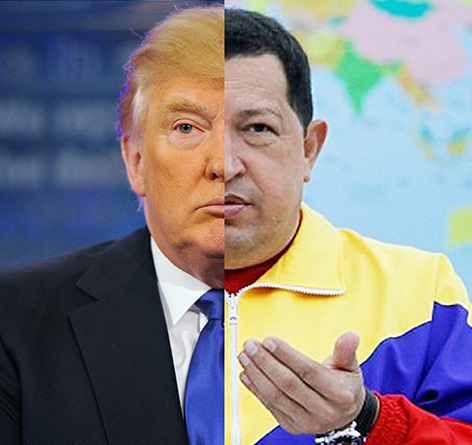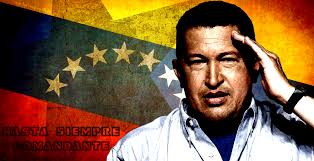After 17 years of Chavismo — rule by former President Hugo Chavez and his supporters — Venezuela turned staunchly against the ruling United Socialist Party (PSUV) in parliamentary elections Dec. 6, giving the opposition a two-thirds supermajority in the National Assembly. Now with 112 seats, opposition coalition Democratic Unity Roundtable (MUD), can unilaterally call a referendum, remove Cabinet ministers, overturn presidential vetoes and even revise and abrogate international treaties.
However, to effectively take advantage of their supermajority in 2016, MUD opposition leaders will have to negotiate both with key individuals and factions and with their own party members. Otherwise, the party risks months of political conflict and legislative gridlock that could increase the threat of widespread civil strife in the country. Moreover, MUD will have to defend itself against the ruling party, which is trying to neutralize it through the Supreme Court.
MUD’s Beginnings
For four decades, starting in 1958 with the deposition of Gen. Marco Perez Jimenez, Venezuela was governed mainly by two centrist parties: Democratic Action and Christian Democratic Party. However, because of the legacy of Perez’s austerity measures, rising social inequality and the failure of these two centrist parties to unite the public, Lt. Col. Hugo Chavez was able to rise to prominence and to win presidential elections in 1998 and, in 1999, the right to rewrite the constitution through constituent assembly. Despite Chavez’s controversial policies, he won every presidential election from 1998 to 2006, largely because of Venezuela’s weak and splintered opposition. In response, in 2007, the Democratic Action and Christian Democratic parties decided to band together along with the Movement Towards Socialism party to challenge Chavez in a presidential referendum. However, the alliance was still not large enough to succeed. So on Jan. 23, 2008, during the 50-year commemoration of Venezuela’s democracy, seven opposition parties coalesced into MUD.
But as in all multiparty coalitions, because of different political identities and ideologies, MUD has failed to unite for a common goal. Currently, there are roughly 21 parties within MUD. The younger leaders, including Leopoldo Lopez and Henrique Capriles Radonski, lead a faction of members from the most recently formed parties to join the coalition; pro-democracy and human rights activists, such as Maria Corina Machado, Diego Arria and David Smolansky, make up another powerful faction; and finally the older and experienced leaders who once belonged in the mainstream parties, particularly former Caracas Mayor Antonio Ledezma, Henry Ramos Allup, Teodoro Petkoff and Jesus Torrealba, represent the most experienced political faction of MUD. Unlike the ruling PSUV, which formed under one charismatic leader, MUD is divided among multiple leaders, each competing for a stake in Venezuelan politics.

The legacy of Chavez is strong. Even after the leader’s death, when MUD seemed convinced their young and polished candidate, Capriles, would win the presidency, Chavez loyalist Nicolas Maduro narrowly prevailed. The loss left the Venezuelan opposition in shambles, struggling to understand the enduring legacy of Chavez.
Yet, two years later, support for Chavismo finally seems to be coming to an end. Economic mismanagement has led to high inflation, instability and shortages of basic goods. The rivalry between Maduro and Assembly Speaker Diosdado Cabello has only worsened the problem. Therefore, it seems likely that MUD’s recent victory is more a sign of discontent with the PSUV than a sign that the opposition has coalesced into a more united and effective ruling force – something it now must do if it hopes to remedy Venezuela’s ailing economy and precarious political situation.
Competing Goals
MUD leaders have two different ideas on how to move forward. One option is to forcefully dismantle the legal protections built up over 17 years to guard the presidency and to eventually call a referendum against Maduro. The other is to negotiate legislative solutions to the country’s political and economic problems. Regardless of which option opposition leaders choose, they will have to negotiate with the most powerful components of Venezuelan politics, including the security elements, dissident chavistas and, most challenging of all, the multiple and unstructured political patronage networks known colloquially as ‘colectivos.’
MUD does not have the legislative power to oust Maduro, even with its two-thirds supermajority, because they can only legally do so through a referendum. In the meantime, Maduro is well prepared to defend himself: He will use the power of Venezuela’s Supreme Court to counter any laws the opposition votes to enact. And even though MUD has the authority to replace the country’s 12 Supreme Court justices, it is still a slow, bureaucratic process to do so, and one that must be supervised by the president. Additionally, the ruling party recently installed another legal gatekeeper: Newly elected People’s Ombudsman of Venezuela Susana Barreiros, who has the jurisdiction and power to slow MUD’s legislation. Moreover, on Dec. 29, the Supreme Court accepted legal challenges against the election of eight opposition legislators. If these elections are invalidated, it would cost the MUD its supermajority and greatly weaken its legislative power when the new congress assembles Jan. 5.
It is therefore likely that if MUD tries to forcefully remove Maduro, it will lead to months of political conflict and legislative gridlock, which will only fuel the protests over Venezuela’s collapsing economy. It could be that the opposition decides to take a softer approach right from the start and tries to negotiate with chavista elements to pressure Maduro to concede to its demands. However, the opposition announced in late December that it intends to remove Maduro in 2016 through legal maneuvers.
Finding Allies
High-ranking military officials would be key allies for the opposition against Maduro and Cabello, but they are not likely to cooperate unless they are given certain assurances that they will not be extradited and tried on drug charges in the United States. Dissident chavistas, who have challenged Maduro’s leadership and have criticized Cabello for being despotic, are also possible allies for the opposition. If the leftist faction of MUD can appeal to the dissident chavistas’ ideas about the economic and political future of Venezuela, it would bolster MUD’s standing among at least some of the PSUV power bases.
Because colectivos have substantial power locally, they will also need to be negotiated with, as difficult as that will be. Colectivos are well-armed, sometimes criminal, radical leftist forces within Venezuela, which have traditionally pledged allegiance to the PSUV. Though Chavez was the main unifier of these groups, currently there is no formal chain of command uniting various colectivos, making it logistically difficult to talk with the groups. Though these organizations are less powerful than the armed forces nationally, they are very influential in specific parts of the country, particularly in neighborhoods in western Caracas, including 23 de Enero, a neighborhood northwest of the city. If these groups completely lose their patronage links to the government, they may turn exclusively to crime or try to resist and pressure the government through violence. But such tactics have their limits, given the groups’ relatively small size.
Ultimately, MUD’s biggest challenge will be working together to solidify legislative priorities and to determine the best steps forward. In the short term, government officials are not likely to negotiate with MUD, but as civil strife intensifies, with the almost certain political gridlock ahead, leaders and supporters of the ruling party will become more willing to work with MUD leaders. In the meantime, Venezuela’s economic problems will only worsen in 2016.

